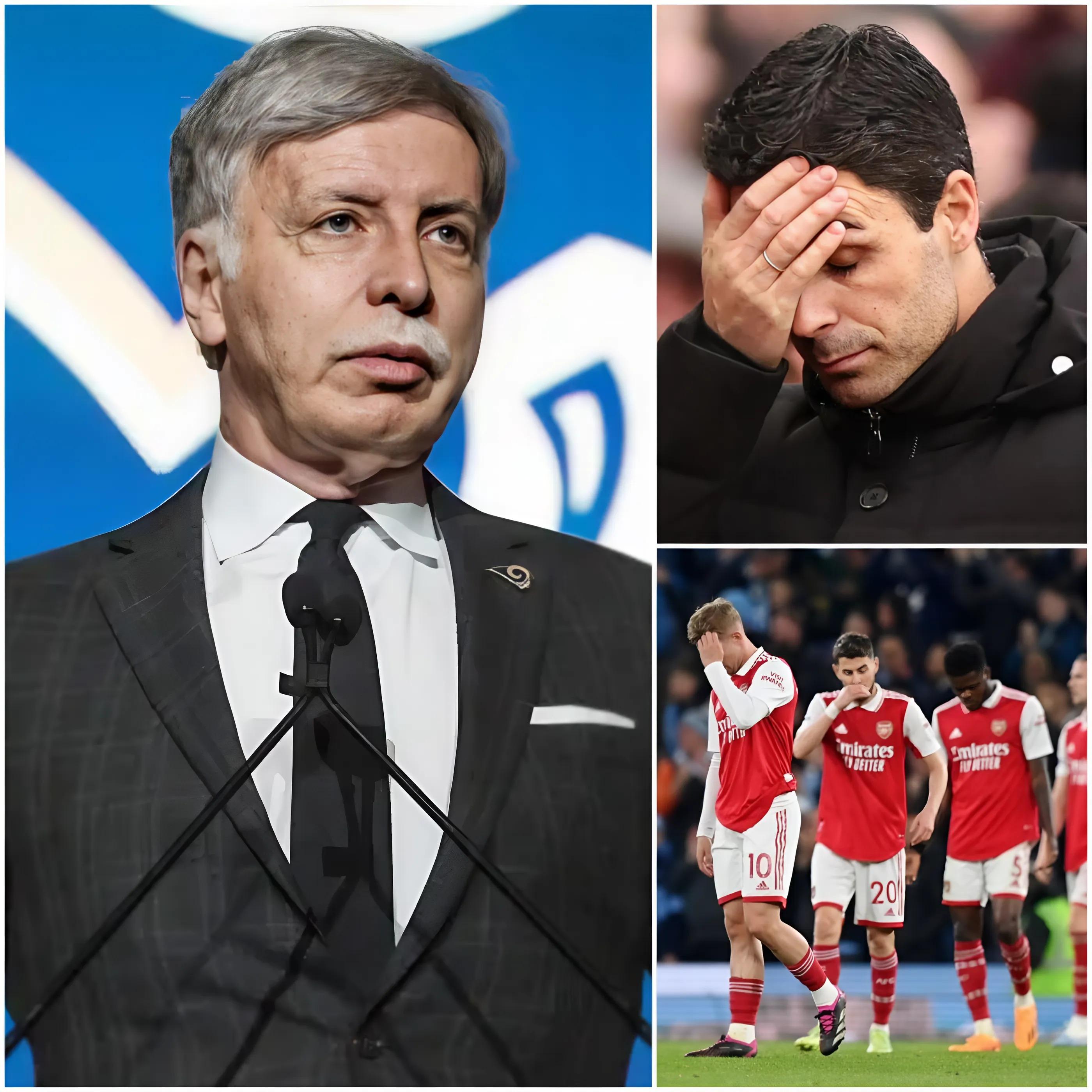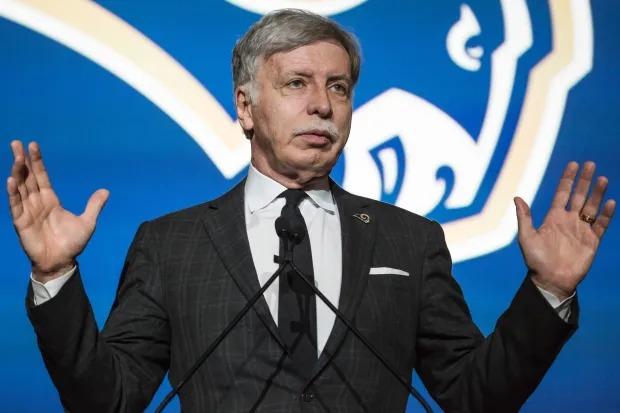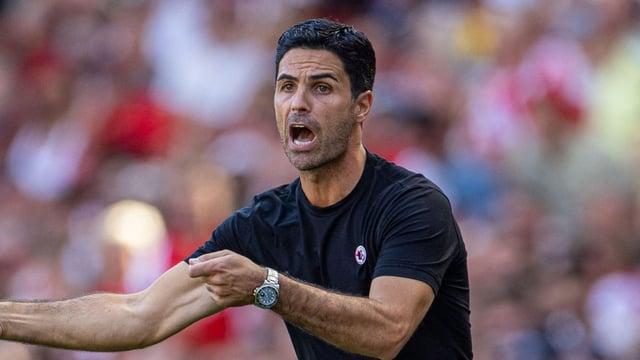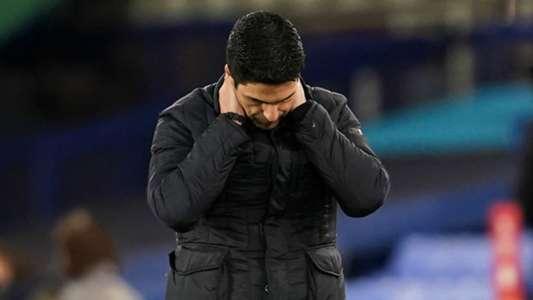In a shocking turn of events, Arsenal Football Club’s CEO has announced the dismissal of manager Mikel Arteta following the team’s failure to reach the final of a major competition this season. The decision, which has sent ripples through the footballing world, comes after a campaign that promised much but ultimately fell short of expectations, leaving fans disheartened and the club’s leadership seeking a new direction. The CEO’s blunt statement, “After this season, I will sack Arteta,” delivered during a press conference, has sparked intense debate among supporters, pundits, and analysts alike.

Mikel Arteta, who took charge of Arsenal in December 2019, initially brought renewed hope to the Emirates Stadium. His early tenure was marked by a surprise FA Cup triumph in 2020, a beacon of success that endeared him to fans and signaled a potential revival for a club that had been struggling to reclaim its former glory. Arteta’s philosophy, rooted in possession-based football and nurturing young talent, saw the emergence of players like Bukayo Saka and Emile Smith Rowe as cornerstones of the squad. However, despite these positives, inconsistency in the Premier League and underwhelming performances in European competitions have plagued his time at the helm.

This season, Arsenal’s inability to secure a spot in the final of the competition—coupled with a string of lackluster results—appears to have been the final straw for the club’s hierarchy. The CEO’s decision reflects growing frustration with the team’s inability to compete at the highest level, particularly against rivals who have surged ahead in recent years. Fans, while appreciative of Arteta’s efforts to rebuild the squad, have voiced concerns over tactical decisions and the team’s fragility in crucial moments, sentiments that seem to have resonated with the board.

The announcement has not been without controversy. Many supporters argue that Arteta was on the cusp of something special, pointing to the club’s improved performances in recent months and the potential of a young squad still finding its identity. Critics of the sacking believe that patience could have yielded long-term success, citing the challenges Arteta faced, including financial constraints and a squad overhaul. Others, however, feel the decision was inevitable, arguing that a club of Arsenal’s stature cannot afford to linger in mediocrity.

The CEO’s statement, while decisive, raises questions about the club’s next steps. The search for a new manager is expected to begin immediately, with several high-profile names already being linked to the role. The incoming manager will inherit a talented but inconsistent squad, tasked with bridging the gap to the Premier League’s elite and restoring Arsenal’s reputation in Europe. The decision also places pressure on the board to deliver a clear vision, as fans demand transparency and ambition in the post-Arteta era.
As the football world digests this news, Mikel Arteta’s departure marks the end of a significant chapter in Arsenal’s history. His tenure, though polarizing, will be remembered for its moments of promise and the foundation he laid for the future. For now, the focus shifts to what lies ahead for the Gunners, as they navigate a pivotal moment in their quest to reclaim their place among football’s elite. The coming months will be crucial, not only in appointing a new leader but in uniting a fanbase eager for success.





